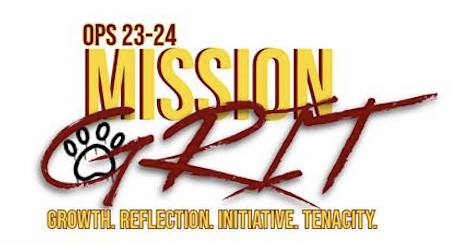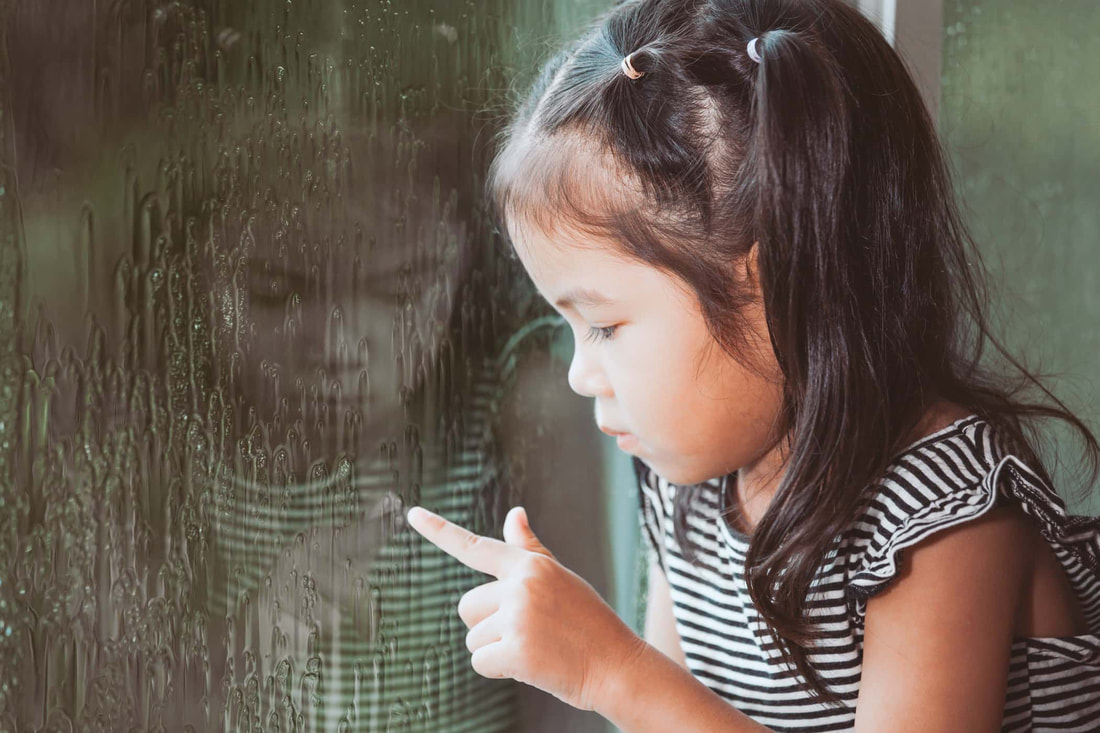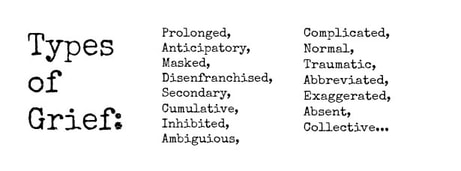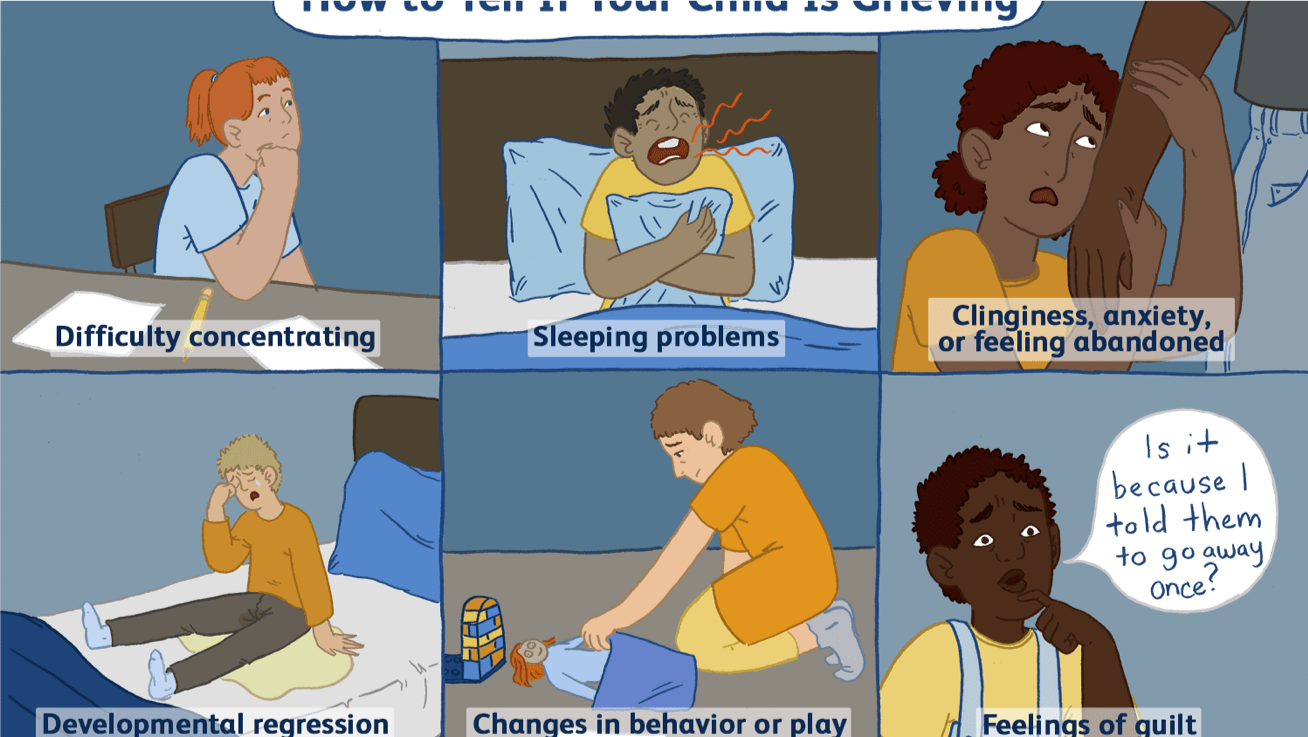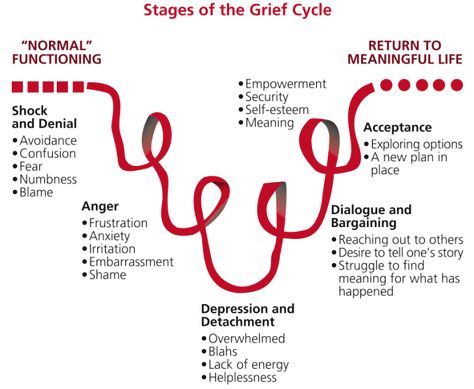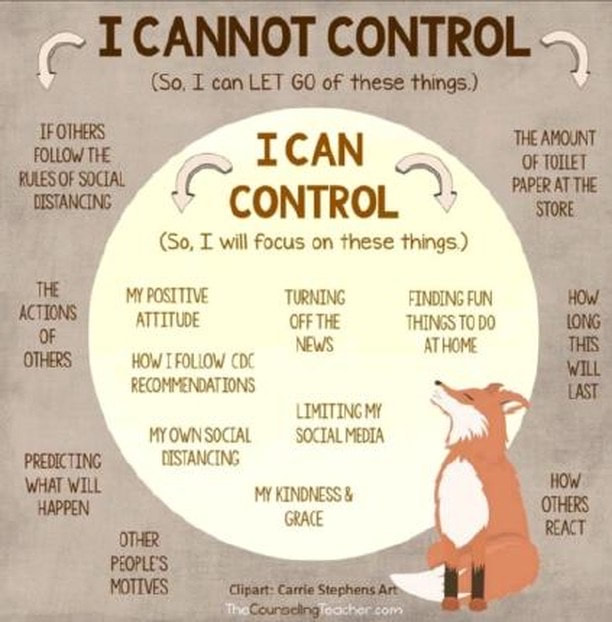|
Mission: G.R.I.T.! OPS is on a mission this year! Mission: GRIT! aims to increase the passion and perseverance of our students. Stay tuned for more information about what grit is, why we want it, and how to foster it. In the meantime, please feel free to look through my blog posts for information on a variety of topics. If you're looking for information about counseling resources in the OPS area, click here for emergency mental health hotlines, as well as a list of psychotherapy providers used by other OPS families. PLEASE NOTE: If you or a family member are experiencing the signs or symptoms of a mental illness and feel you are in crisis, call 201-262-HELP (4357) or dial 911.
|
|
At this point in the pandemic, our kids are starting to realize what many of us thought from the beginning: this is going to take longer than a few weeks. When school closed, it was just supposed to be for "a couple of weeks." Then, there was just one week until Spring break, and being home for break isn't too unusual. But now that virtual learning has resumed after the break, the fact that we're not actually going back to school for a while is really sinking in for a lot of children. For my own kids, it really hit home towards the end of last week. My younger child realized his birthday would be affected, something he starts planning as soon as Christmas is over. My older child started expressing feelings of sadness about not seeing his friends, and said he also felt "rage," but didn't know why. It's grief. Take a moment to read this article sent to me by Amy Brancato, Supervisor of Instruction at OPS. It is a great article to help us understand what we're going through, which will, in turn, help us recognize it in our kids and be able to help them. I encourage all of you to read it. As adults, I think we recognize we're grieving as soon as it's said. It makes sense. We've certainly lost a lot, from our sense of what's "normal," to feelings of safety, and our connection with others. Many of us have experienced economic losses, whether it be losing one's job, decreased revenues, or increased expenditures. And sadly, some of us have experienced the loss of a loved one as a result of this virus. All of these losses are very real and we grieve them through the same process of grief we've experienced when we've had losses in the past. But for kids, especially those who don't have much experience with grief, what they're feeling now can be very confusing. After all, most of the losses listed above are invisible losses. They're still "going to school," except they're not. They're still "seeing their friends," except they're not. They're still playing games at home, on the iPad, and in the backyard, except that's it - the scenery and playmate(s) haven't changed in weeks. Other losses include loss of structure, loss of sports and other group activities, loss of freedom, loss of rites of passage, and a general loss of control. Some children are very afraid for their parents who still have to go to work (loss of safety). Others have watched family members get sick and worried about what would happen to them (anticipatory grief). How to help The advice we hear most often, "talk to your children," is really a misnomer. In actuality, you want your kids to be the ones talking. So in effect, the best way to help is by listening and asking open-ended, follow-up questions. Your goal is to create an atmosphere of safety and acceptance by being fully present with your child and validating what they tell you. They need to know it's ok to not be happy right now. Temporary feelings of loneliness, sadness, and helplessness are normal under the circumstances. Usually, all they need is time with you to talk, to find out they're not the only ones with those feelings, and to get a hug. The organization Good Grief has a detailed document to guide parents through this process. The information below provides an overview of what to look for and what to know about children and grief.
sucking fingers), and increased clinginess are all signs that your child is dealing with more than they may realize. If you notice any of these, it's time to get your child talking.
4. Depression: This is really happening, isn't it? I can't undo it. How will I get through this? 5. Acceptance: Ok, I'd better set a routine and make time for me if this is our new, temporary, "normal." IMPORTANT: Moving through the stages can go in any direction. It is possible (and common) to experience more than one stage at the same time.
If/when your child gets to that last stage, you'll know s/he is in good shape. This is not to say there won't still be moments or even days when s/he experiences the anger or depression again - s/he will. Remember, movement through the stages is not a linear process. Especially with open-ended situations such as this, the grieving process can be ongoing. As long as there's movement to and from stages, and your child has a way of expressing his/her feelings, you can presume s/he is having a normal reaction. However, if you notice your child seems "stuck" in any of the stages - stays primarily angry or sad for more than a couple of days - please reach out to his/her teacher and/or me ([email protected]). We will speak with you and your child about his/her experience and provide supports and resources to guide you.
Another important point to consider is that grief is cumulative. This means that if your child has experienced other losses before (divorce, death of a pet, death of a family member, etc.), the grief experienced now will act like a trigger for all past experiences of loss. For most, this simply means that past losses will be remembered while grieving in the present. For some, however, especially if there is unresolved grief from the past, you may notice your child's grief symptoms to be exaggerated or disproportionate to this current situation. This is okay and not usually cause for alarm. Unresolved grief is usually a result of trying to avoid one's feelings instead of allowing them to be, experiencing them, and then letting them go. There is no "work-around" for grief; one has to go through it. So if your child seems to be reliving a past loss, this is actually an opportunity to revisit and work through it more thoroughly by discussing it all over again. For those children who have not had much prior experience with loss or grief, talking with them about the stages listed above will help them understand what they are going through, know that it's normal, that they're not alone, and that others have gotten through it. Grief doesn't always last forever. This can mean a world of difference between suffering in fear and suffering with compassion. This is a lot of information about a very personal, heavy topic. I hope you are able to make use of the resources herein and find it all to be helpful. Please know I am here to help you and/or your family through this very difficult time. Feel free to email me at [email protected] with any questions or concerns. Thank you and be well, Rima Mason, MA, LPC [email protected]
0 Comments
|
AuthorAll blog posts written by Rima Mason, MA, LPC unless otherwise noted. Blog list by title2023-2024 year: 2020-2021 year: 2019-20 year: 2018-19 year:
Archives
December 2023
Categories |
